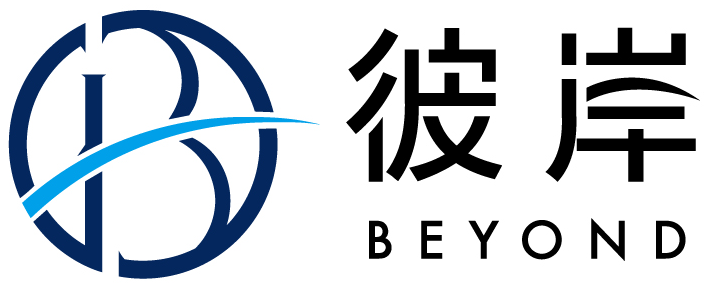Amid the ongoing U.S.-China tech rivalry, high-stakes stories are happening beyond either country’s borders. I’m particularly interested in how a decoupling of U.S. and Chinese technology partnerships and supply chains would affect private companies and other nations in unexpected ways.
For example, take Microsoft’s $1.4 billion investment in G42, the leading AI firm of the United Arab Emirates. The deal is important to Microsoft because it involves plans to build a massive geothermal-powered data center in Kenya for high-speed cloud and AI services, among other regional projects. The computing power needed to train AI requires an astonishing amount of natural resources. With space constraints and limited public support for large-scale projects in the U.S., the future of American companies’ AI prowess relies on partners abroad.
Microsoft and G42: A Strategic Move with Risks
This deal between an American company and an Emirati company is caught in the crossfire between the U.S. and China. G42’s CEO, Peng Xiao, is very connected to China’s business community. American spy agencies have warned U.S. officials that G42’s connections with large Chinese companies like Huawei could make it a conduit for the Chinese government to access sensitive information, according to a recent investigation by The New York Times.
Microsoft couldn’t get support for the deal from the Biden administration until G42 agreed to sever its Chinese business links. But doubts persist among Pentagon officials about G42’s compliance, Bloomberg reported last week, citing unnamed sources familiar with the matter. This uncertainty could jeopardize the deal.
The Ripple Effect of U.S.-China Tensions
This situation isn’t unique. The U.S.-China tech war has derailed lucrative deals in other countries too. For instance, Europe’s most valuable tech company, Dutch chipmaking tool supplier ASML, has seen profits slump amid restrictions on the sale of its lithography equipment to China. I was the first to report that top Canadian universities were severing multimillion-dollar research deals with Huawei. The problem, disgruntled scientists tell me, is that governments haven’t stepped in to make up for the lost funding.
Matthew Pines, a director at cybersecurity firm SentinelOne, highlights the appeal of setting up American AI hubs in the Middle East, where several countries offer “basically blank cheques with no environmental restrictions or NIMBYism to contend with.”
The Dilemma for U.S. Officials
“But at the end of the day, if next-generation AI models are born in the Emirates, the ability for the U.S. to constrain or protect that knowledge from leaking to China is much harder to do than if it took place in Arizona or Illinois,” Pines told me. That’s the dilemma U.S. officials seem to be tussling over. The end result could determine whether tech giants like Microsoft need to think twice about partnering with any company connected to China.
Global Business Strategies in a Tense Landscape
For marketers and businessmen looking to navigate these choppy waters, understanding the intricate web of global tech partnerships is crucial. The geopolitical landscape can dramatically alter the business environment, making it essential to stay informed and flexible.
Key Takeaways for Business Leaders
- Stay Informed: Keep up with the latest developments in U.S.-China relations and how they impact global tech deals. This information can help you anticipate potential disruptions.
- Evaluate Partners Carefully: When considering international partnerships, scrutinize the geopolitical connections of potential partners. The ties they have might affect your business more than you expect.
- Diversify Investments: Spread your investments across different regions to mitigate the risk of geopolitical tensions. This strategy can protect your business from being overly dependent on any single market.
- Engage with Governments: Foster good relationships with governmental bodies to better understand and influence policy changes that might impact your business.
Looking Ahead
The U.S.-China tech rivalry is more than a headline; it’s a critical factor shaping the future of global business. Companies must navigate this complex landscape with strategic foresight and adaptability. The Microsoft-G42 deal is just one example of how intertwined and complicated these issues have become.
By staying informed and being proactive, businesses can not only survive but thrive in this new era of global tech partnerships.
In the end, navigating the business world amid U.S.-China tech tensions requires a blend of caution, strategy, and adaptability. Stay informed, choose your partners wisely, and be ready to pivot when necessary. This approach will help you not just weather the storm but find opportunities within it.


